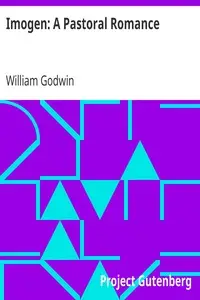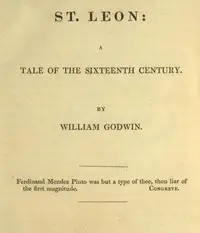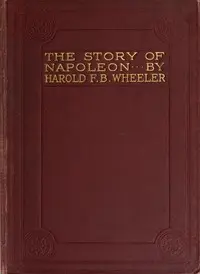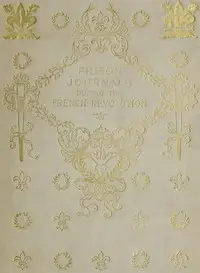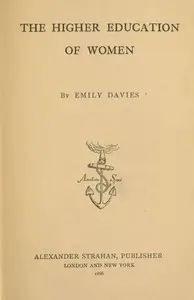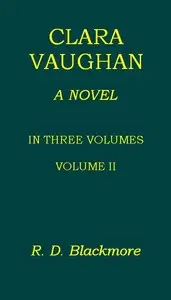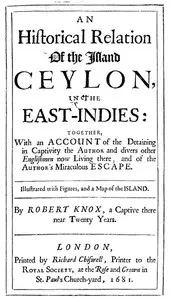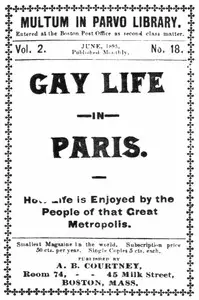"Italian Letters, Vols. I and II; Or, The History of the Count de St. Julian" by William Godwin is a fictional epistolary novel likely written in the late 18th century. The narrative predominantly follows the character of the Count de St. Julian, who engages in reflective correspondence with his friend, the Marquis of Pescara, discussing themes of friendship, virtue, duty, and the moral dilemmas faced by young noblemen in a society rife with temptation and superficiality. The beginning of the novel introduces the emotions and sentiments surrounding the recent death of the Marquis's father, narrated through heartfelt letters exchanged between the Count de St. Julian and the Marquis of Pescara. In the letters, the Count expresses sincere condolences while advising the Marquis on the weighty responsibilities that come with his newfound title and fortune. Meanwhile, the Marquis responds by revealing his sorrow and struggles with the dramatic change in his life, as he longs for the simplicity of Palermo—a stark contrast to the seductive but morally ambiguous atmosphere of Naples. Their correspondence lays the groundwork for explorations of youth, virtue, and the challenges of maintaining integrity in the face of societal pressures. (This is an automatically generated summary.)

Italian Letters, Vols. I and II; Or, The History of the Count de St. Julian
By William Godwin
"Italian Letters, Vols. I and II; Or, The History of the Count de St. Julian" by William Godwin is a fictional epistolary novel likely written in the ...
William Godwin was an English journalist, political philosopher and novelist. He is considered one of the first exponents of utilitarianism and the first modern proponent of anarchism. Godwin is most famous for two books that he published within the space of a year: An Enquiry Concerning Political Justice, an attack on political institutions, and Things as They Are; or, The Adventures of Caleb Williams, an early mystery novel which attacks aristocratic privilege. Based on the success of both, Godwin featured prominently in the radical circles of London in the 1790s. He wrote prolifically in the genres of novels, history and demography throughout his life.

